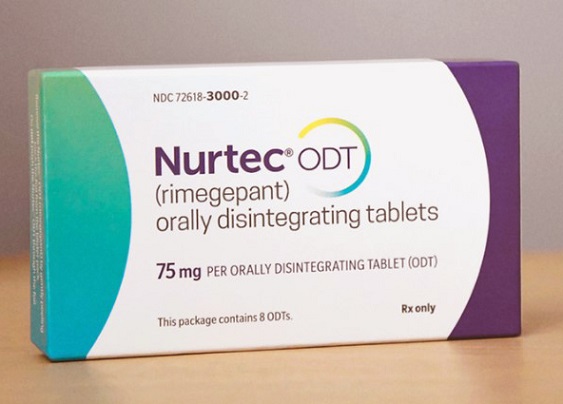Nikhil Prasad Fact checked by:Thailand Medical News Team Oct 29, 2025 3 months, 2 days, 1 hour, 28 minutes ago
Medical News: A surprising discovery about common pain medications
Researchers from the Johns Hopkins University School of Medicine, along with collaborators from several U.S. institutions, have discovered that two FDA-approved drugs—bupivacaine and rimegepant—may do more than just relieve pain. They might also slow down the growth and spread of osteosarcoma, a rare but aggressive form of bone cancer that mostly affects children and young adults.
 Pain Drugs Found to Slow Bone Cancer Growth in New Study
Pain Drugs Found to Slow Bone Cancer Growth in New Study
Osteosarcoma often causes intense pain because nerve fibers grow abnormally into the tumor tissue. In this
Medical News report, scientists found that the same sensory nerves that send pain signals also help fuel the tumor’s expansion and formation of new blood vessels. By blocking these nerve activities, the researchers observed that tumor growth in laboratory mice decreased significantly.
How pain-relieving drugs fight tumors
Bupivacaine is commonly used as a local anesthetic to block nerve pain, while rimegepant is prescribed for treating migraines. Both drugs appear to work by inhibiting specific nerve-related proteins known as calcitonin gene-related peptide (CGRP), tryptomyosin receptor kinase-A (TrkA), and nerve growth factor (NGF). These proteins normally allow communication between nerve cells and tumors, encouraging nerve growth and blood vessel formation—key processes that help cancer spread.
Dr. Sowmya Ramesh, the study’s lead author and a postdoctoral researcher at Johns Hopkins, explained that when mice with osteosarcoma-like tumors were given the two drugs, not only did their pain decrease, but tumor growth and blood vessel formation were also reduced. Senior author Dr. Aaron James added that this marks a major reversal from previous research, where scientists tried to boost the same signaling pathways to aid bone healing after fractures.
Promising results in animal and human tissues
The study’s experiments showed that mice genetically engineered to block TrkA signaling had less nerve growth, slower tumor progression, and longer survival. The researchers also found that inhibiting TrkA reduced tumor-associated macrophages—immune cells that often promote tumor survival and resistance to chemotherapy.
When analyzing human osteosarcoma tissue samples, the team observed the same overactive NGF-TrkA signaling and excessive nerve and blood vessel growth seen in mice. Additional tests on human dorsal root ganglion neurons, which transmit sensory signals to the spinal cord, revealed inflammation and CGRP activity in patients suffering from tumor-related pain.
A potential breakthrough for osteosarcoma treatment
By targeting CGRP and blocking the nerve-tumor communication pathway, the team found that both bupivacaine and rimegepant significantly reduced pain and tumor progression in animal models. The findings suggest that these drugs, already deemed safe for human use, could be repurposed as part of a new
therapeutic strategy against bone cancer.
Researchers plan to explore exactly how neurons interact with tumors and whether similar mechanisms occur in other cancers. This approach may eventually lead to combined treatments that ease pain while halting cancer’s advance. The discovery could give hope to patients facing one of the most painful and treatment-resistant forms of cancer.
The study findings were published in the peer reviewed journal: Proceedings of the National Academy of Sciences (PNAS).
https://www.pnas.org/doi/10.1073/pnas.2500161122
For the latest on Cancer Research, keep on logging to Thailand
Medical News.
Read Also:
https://www.thailandmedical.news/articles/cancer
https://www.thailandmedical.news/articles/med-news
